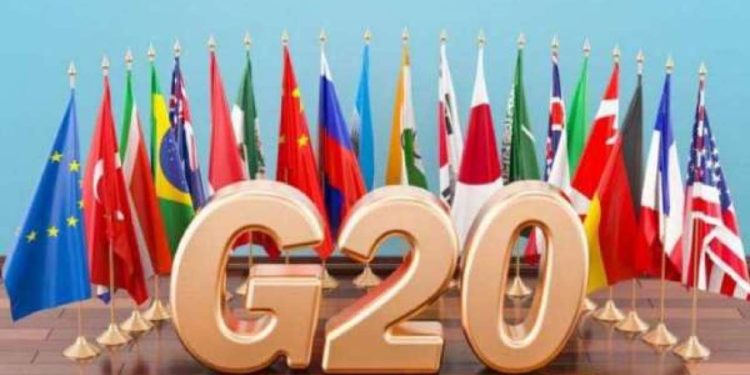Nearly four months since the first COVID-19 case was reported in China, the virus has brought the world to a standstill. As the global cases of Covid19 approaches 2 million, over 120,000 deaths and billions of people remain in lockdown.
While the African continent has been spared from the high concentration of community cases seen elsewhere, the numbers are increasing rapidly and the impact is worrisome. Just nine weeks after Egypt had announced its first case, Africa now has more than 10,000 infected people and over 500 deaths.
If the infections continue to rise, Africa’s weak healthcare systems will be immensely overwhelmed and not able to deal with the raging virus. Since many African countries are still recovering from or still dealing with recent outbreaks like Ebola, measles, Lassa, and other diseases, the continent is even more vulnerable to the impact of COVID19. As we’ve seen elsewhere in the world, even the best health systems have struggled to respond to the outbreak, and are crumbling under the pressure from this pandemic.
The continent is in danger of losing 30 million jobs, with more than a third of African countries are at risk of debt distress. According to the African Union, it is projected that exports and imports of African countries will reduce by at least 35 per cent from the level reached in 2019, which is a loss estimated at around USD 270 billion. The UN Economic Commission for Africa (UNECA) has also estimated that the continent may lose half of its GDP growth (from 3.2% to 1.8%), particularly due to supply chain disruptions, shrinking investment and lower remittances.
This week, the G20 Finance Ministers will be unveiling their Covid19 action plan. They hold the keys to either generate the biggest difference for the most vulnerable or end up reversing years of development gains. It is imperative that African voices are heard and prioritised in the plans.
Here are three things G20 leaders must do:
Respond to Africa’s urgent need for medical supplies
The G20 should urgently respond to African leaders’ call for life-saving medical supplies, including masks, personal protective equipment, gowns and ventilators. G20 governments must resist protectionist measures in export bans and reduce tariffs and trade barriers to ensure the global flow of these goods. It would cost less than $2 billion to compensate developing countries outside the G20 for the revenue losses resulting from cancelling their tariffs on medical supplies and soap.
Provide immediate debt relief for the poorest countries
All official creditors, bilateral and multilateral, should cancel debt and interest payments from International Development Association (IDA) countries for at least the remainder of 2020. This will help with IDA countries’ immediate liquidity needs to tackle challenges posed by the pandemic. As requested by African governments, they should waive interest payments for all African countries (outside of IDA), for the remainder of 2020.
Additionally, the G20 should provide additional $600 million to top up the International Monetary Fund’s (IMF) Catastrophe Containment and Relief Trust, which grants debt relief for public health disasters and support moves by any country to suspend payments on private external debt to ensure official debt relief isn’t being used to service private debt instead. Given the huge Chinese debt burden in Africa, China must lead with a proactive debt restructuring agenda for African countries while this pandemic and its economic impacts last. Going forward, the G20 should mandate a disclosure mechanism for lender and borrower countries, and the private sector to enhance transparency in lending.
Deliver an emergency economic stimulus of $100 billion for Africa
The G20 should deliver an emergency economic stimulus of $100 billion, as requested by African governments, to fund the immediate health response on the continent, social safety nets for the most vulnerable, feeding and protecting out of school children, and to protect 30 million jobs. The IMF should create $500bn Special Drawing Rights. Richer countries should then transfer their additional Special Drawing Rights to poorer countries to help them finance their response to the crisis.









